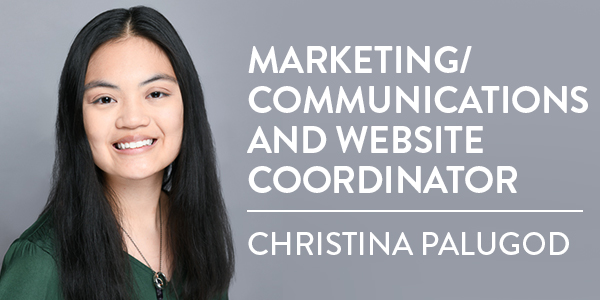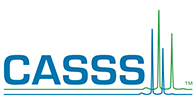
By now, we all know that diversity is an essential component of effective, modern workplaces. The formula is simple: diverse workforces provide a wider range of perspectives and experiences, which lead to increased innovation and creativity. We also know, however, that having a diverse team is necessary but not sufficient. It’s equally important to create an inclusive work environment.
It has been said - and demonstrated - that it’s difficult to fully understand inclusion unless you have been excluded. My background is not one that has resulted in me being excluded very often. Unfortunately, that is not the case with many of my friends and colleagues, who often have not felt included, and have not been empowered to bring their authentic selves to their work, community, and families.
One way we can foster a sense of belonging among our friends and coworkers, and make sure they are understood and respected for who they are, is to take opportunities as they arise to explore and celebrate diversity. We have one such opportunity this month with Asian American and Pacific Islander Heritage Month (AAPI Heritage Month).
AAPI Heritage Month is an annual celebration that recognizes the historical and cultural contributions of individuals and groups of Asian and Pacific Islander descent to the United States. The AAPI umbrella term includes cultures from the entire Asian continent—including East, Southeast and South Asia—and the Pacific Islands of Melanesia, Micronesia and Polynesia. According to the Pew Research Center, AAPI people are a diverse and growing population that currently makes up about 7 percent of the total U.S. population.
To help celebrate AAPI Heritage Month, I asked my CASSS staff colleague Christina Palugod to share some of her thoughts in this month’s column.

Christina, thanks for the help with this week’s column. Can you share with us your background?
Being Asian American has shaped my entire life. I am Filipino-American and grew up in an environment where, for the most part, you never had to question support for Asian culture. The majority of classrooms were filled with POC; every other restaurant was Asian; wherever you go, you hear conversations in various languages. Throughout the years after leaving my hometown and working in different professional environments, I have been exposed to people and places that have pushed me out of my comfort zone. For example, pursuing a career in a field that is predominantly Caucasian proved to be challenging but not impossible. Despite hardships that I have faced, I am proud to be Asian and it has shaped me to be who I am today.
What does AAPI Heritage Month mean to you?
AAPI Heritage Month is one step that people can take to recognize, celebrate, and, most of all, learn about Asian and Pacific Islander cultures.
Is there a moment you would like to share with us that was impactful to you because of your heritage and background?
While there have been negative moments in my life because of my background, I find it more important to focus on the lessons learned and how to grow from those setbacks. There was one specific working environment where my identity did not feel safe as an Asian. The past few years since the start of the pandemic, there has been a disturbing increase in hate and cruelty towards Asian and Pacific Islanders. Regardless of if you are a POC, everybody deserves to feel safe. Who you are – your name, background, heritage, etc. – is the baseline foundation of everybody that can’t be changed and, at the very least, deserves to never be questioned or threatened. It is not about respect or praise – it is just simple human decency.
I would hope that in one of the benefits of celebrating AAPI month is the opportunity to have meaningful discussions and better understand each other’s authentic selves. What are some things we can and should do to hold these discussions and learn from each other?
The best thing you can do is be an ally and listen. Make sure your network feels safe and heard. Be kind and check in on others. If you want to know more about somebody’s background or hardships they have faced, just ask.
Christina, thanks for sharing this with us today. I promise to listen, to ask, and to check in. Also, in case I don’t say this enough: You rock! Thanks for bringing your talents to the CASSS team.

